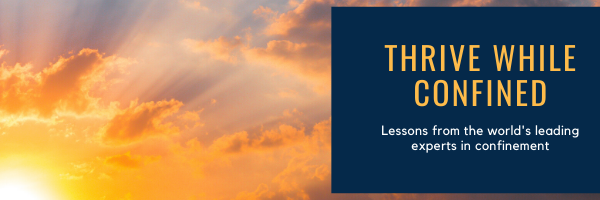Over the past week, I’ve seen many lists offer actions to take to “combat racism.” These lists include many very important actions. Yet, many of them miss a foundational first step.
This first step is available to each of us right here, right now. And it works in response to the current events, just as much as with your work colleagues, your spouse and kids at home, and dare I say yourself.
Sustainable powerful transformation stems from this first step. And yet it’s often overlooked as insignificant, not powerful enough.
This starting point is…
to listen.
Be curious, with openness and non-judgment, to all perspectives.
Create a space to hear what’s actually being said.
Enable what John Paul Lederach calls paradoxical curiosity, which “seeks something beyond what is visible, something that holds apparently contradictory and even violently opposed social energies together.”
In this type of deep listening, there is no need to fix. No place for condemnation or guilt about yourself or other.
In our action-addicted world, this often doesn’t feel like enough. But it is!! Here’s why.
People crave to be heard. I cannot speak for the looters, but I’m going to venture a guess that most of them are breaking because they’re tired of being silenced, ignored, deemed irrelevant. By listening, we finally give them a space to express themselves. From my prison experience, this replaces the need to express themselves by breaking
By listening, we discern our accurate assumptions, perceptions and beliefs and those erroneous. It molds the realities of our mind to better reflect the realities of our world.
In listening, we learn the true needs of the other. We’re able to probe behind the first expressed superficial need to get to the real core need, the underlying driver of behavior.
Listening creates understanding, dialogue, relationship and therefore connection. The other is no longer distant or separate. My choices and decisions now include these people who used to be outside of my awareness
Through listening, when we believe we got it, we listen some more to learn the deeper nuances, those that can make all the difference between success and failure
From this deeper truth, when we do step into action, it becomes straightforward to alleviate or even undo the harm that was caused
Your action actually addresses the real problem.
With this deep curious listening, our anger – which used to fuel violence – now fuels our compassion.
This reconnects our humanity. Which in turn heals our society’s cycle of violence
Because once reconnected to humanity, it becomes nearly impossible to hurt another.
Invitation: Sit down with a loved one. Commit to them that you’re going to listen without interruption. Ask them to share a story when they felt discriminated. Listen. Fully. And when they’re done, thank them for their courage in sharing.
This is part of a series. I realized that I have a unique perspective into confinement thanks to my past 4.5 years engaging several times a week with the world's leading experts on confinement: prison residents. In April, I provided a daily lesson learned in prison that will hopefully help us to survive and even thrive while confined to our homes. Since then, these lessons have been weekly. Go forward and back to enjoy each daily lesson.
Quote from John Paul Lederach’s The Moral Imagination: The Art and Soul of Building Peace





